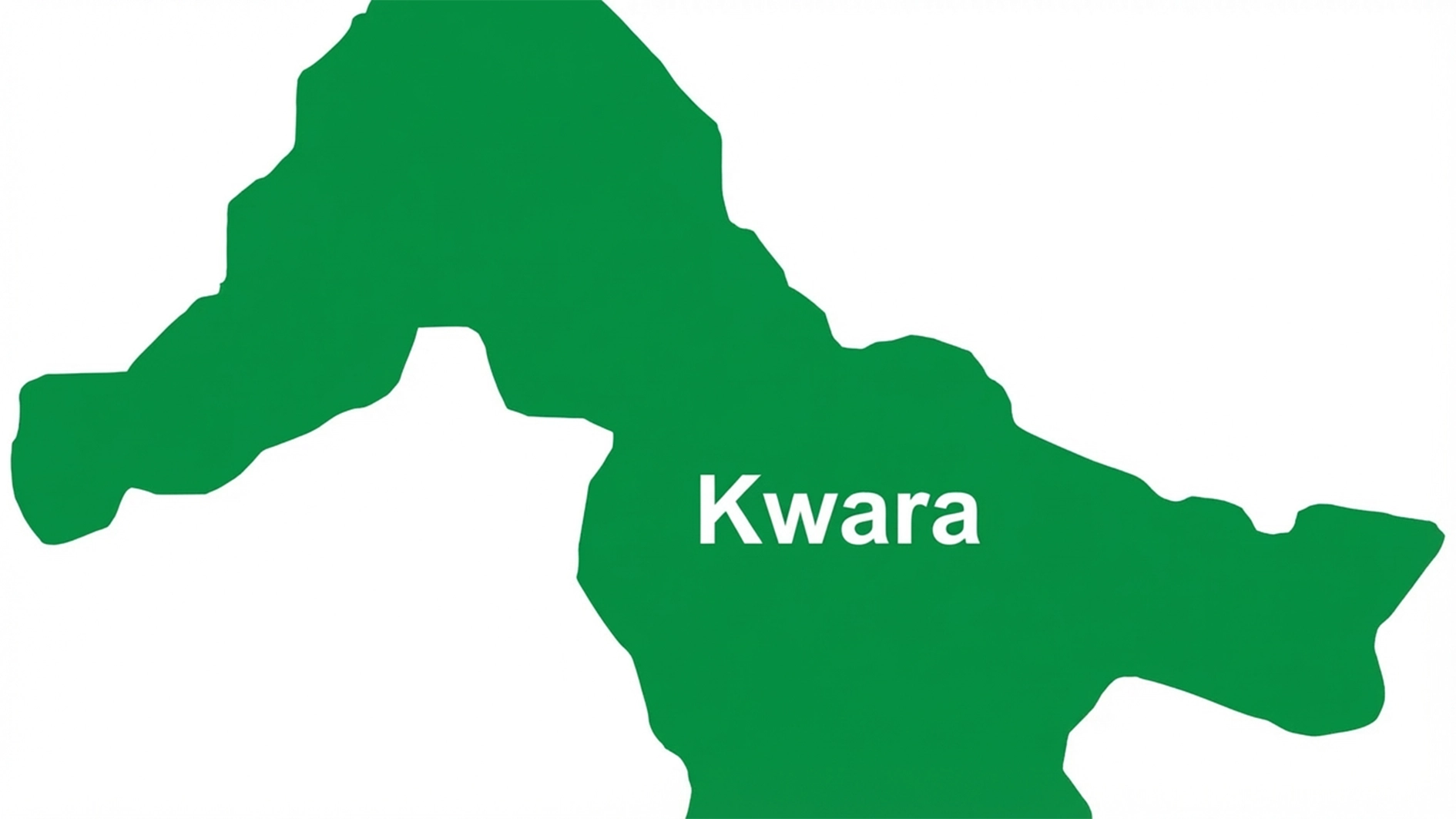
As Nigeria continues to grapple with persistent youth unemployment estimated at over 40% among those aged 15 to 35, the call for innovative, data-driven solutions has never been more urgent.
With nearly half of the population under the age of 25, the country stands at a demographic crossroads.
If properly managed, this youth bulge could drive an era of economic growth and innovation but if left unaddressed, it risks deepening the cycle of poverty, migration, and instability.
Amidst this backdrop, financial analysts and economists are turning their focus not only to economic interventions but also to a critical missing piece in Nigeria’s strategic planning: financial data intelligence.
One expert leading that charge is Chidimma Umeaduma, a distinguished financial analyst with cross-border expertise in econometrics, fiscal modeling, and data-driven policy support.
Having served as Assistant Financial Project Manager at Badu Tax Services LLC in Chicago, Umeaduma’s hands-on experience spans advanced financial forecasting, youth-focused tax strategy design, and scalable economic modeling tools.
Prior to her U.S. role, she worked with the Federal Ministry of Industry, Trade and Investment in Abuja, where she supported financial modeling for national development initiatives.
Reflecting on Nigeria’s current challenge, Umeaduma stated: “We are sitting on a goldmine of demographic power, but we are not using the right data tools to unlock it.
“The key to tackling youth unemployment is predictive planning, using real-time financial and labour data and not just reactive policy.”
Her comment strikes at the heart of Nigeria’s systemic issue: the lack of actionable data for budget allocation, job creation schemes, and youth entrepreneurship funding.
Despite years of federal and state-level youth empowerment programs, many suffer from low impact due to mismatched targeting, poor feedback mechanisms, and fragmented funding oversight.
Where financial data is missing, policy misses too
While Nigeria collects data through the National Bureau of Statistics (NBS), Central Bank reports, and donor-funded surveys, much of it is retrospective.
By the time the figures are analyzed, the underlying economic conditions have already shifted.
“We need to adopt agile financial data systems that integrate real-time market behavior, employment trends, and consumption patterns from across the federation,” Umeaduma explained.
Using tools such as Power BI, SQL, and Tableau, Umeaduma has built models that identify unemployment patterns before they escalate.
She believes the same methods can be localized for Nigeria, especially in urban hubs like Lagos, Enugu, and Port Harcourt, where informal youth work is underreported.
Call for real-time data governance in employment planning
Umeaduma advocates for a national Youth Employment Data Framework (YEDF), a collaborative platform that integrates financial records, tax data, digital identity systems (such as NIN), and local labour surveys.
This framework would serve as a real-time dashboard for federal, state, and local governments to align vocational training, tax incentives, and entrepreneurship grants with actual economic gaps.
“Why are we training welders in a state where 70% of youth activity is in digital services?” she asked rhetorically. “The disconnect stems from insufficient data on youth engagement and future job demand.” She also points to the power of financial incentives guided by data.
For instance, youth-led businesses in sectors with strong regional growth potential (like renewable energy in the North-East or agri-processing in the South-South) could receive automatic tax deferrals or low-interest capital if they meet predefined impact metrics logged through digital financial tools.
Learning from global models — With local lens
Countries like Rwanda and Indonesia are already using financial data intelligence to shape youth employment programs.
With her global experience and African heritage, Umeaduma emphasizes localizing these models to fit Nigeria’s socioeconomic context.
“We cannot copy and paste foreign solutions. What we need is grassroots data—drawn from cooperative societies, mobile money platforms, market associations—aggregated in a system that speaks to our reality,” she noted.
Her work with cooperative farmers in Nigeria through the Nigerian Directorate of Employment proves the power of data at the base level.
Using basic record-keeping training and digital literacy workshops, she helped over 100 rural youth formalize their agri-businesses and access micro-loans.
Youth-centered pathway forward
To address youth unemployment sustainably, Umeaduma proposes three concrete actions: Establish a National Data-Driven Youth Strategy Council, comprising financial analysts, youth leaders, statisticians, and government representatives, digitize all youth-targeted funding and skills programs, enabling real-time tracking, performance feedback, and fraud prevention as well as create incentives for tech startups to develop predictive labor tools, backed by government and donor seed funds.
She believes that the intersection of financial intelligence and employment planning will determine Nigeria’s economic trajectory over the next decade.
“The youth are ready. What’s missing is a system that listens to them, tracks their economic activity, and designs policies with precision.”
A nation’s future in its data
Umeaduma’s solution-driven insights offer a bold but practical roadmap for a Nigeria where youth empowerment is no longer aspirational but measurable.
By investing in real-time financial intelligence, the country can pivot from generalized interventions to targeted, evidence-backed programs.
As 2025 approaches, Nigeria stands at a defining moment. Either it builds the tools to truly understand and support its young population, or it risks watching its greatest asset drift further into economic marginalization.
For changemakers like Umeaduma, the choice is clear: “With the right data, we can change the direction of an entire generation.”






